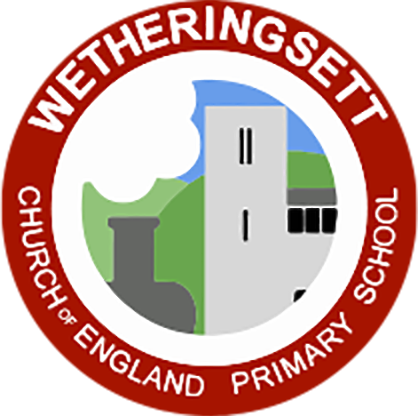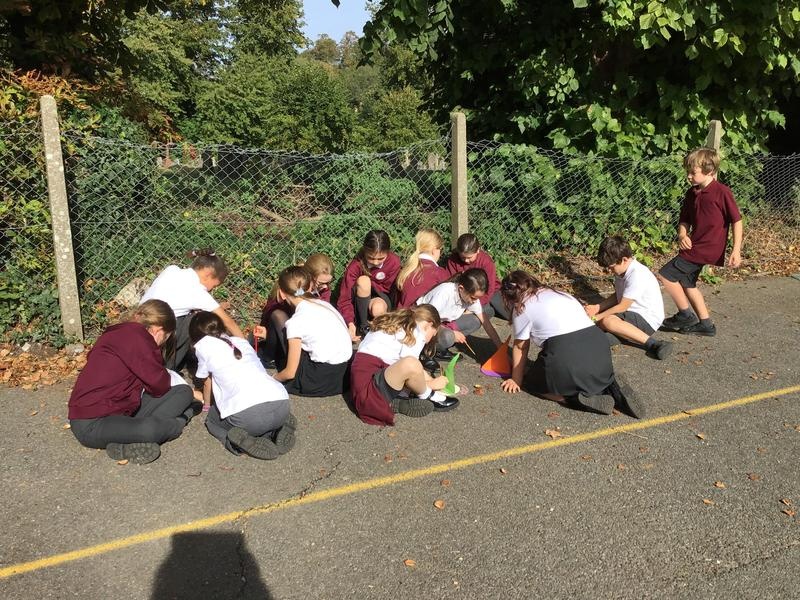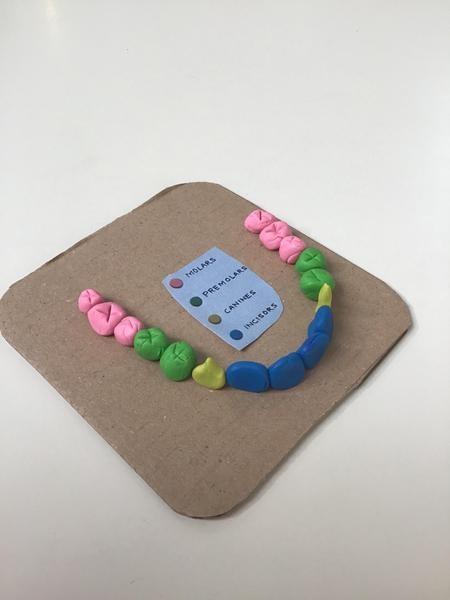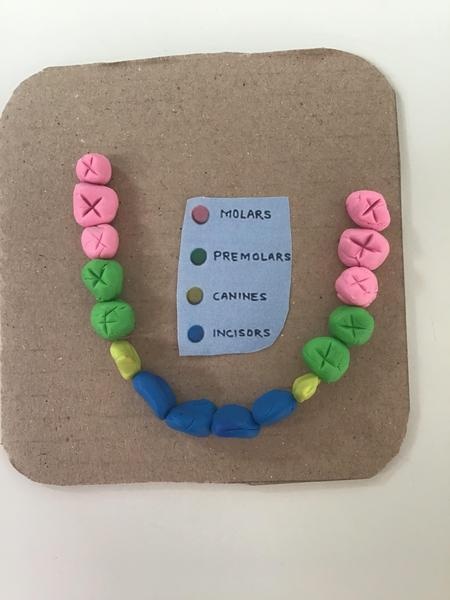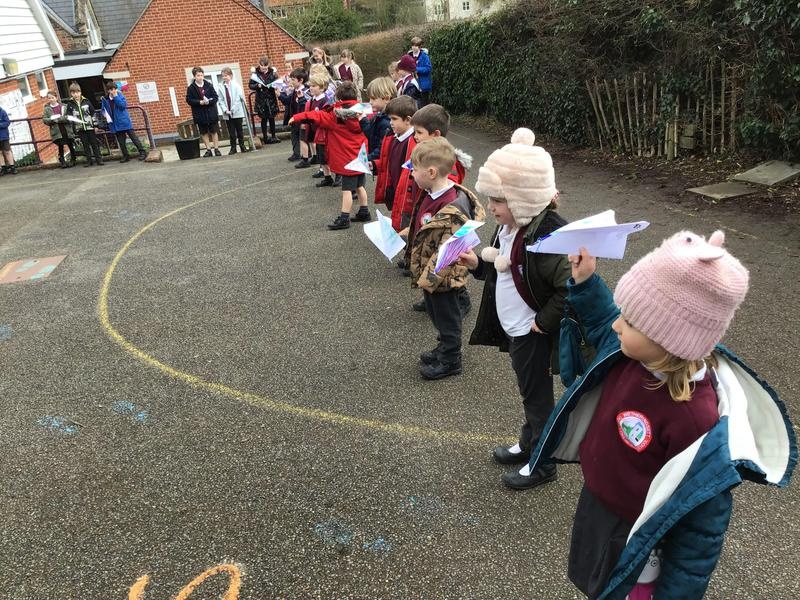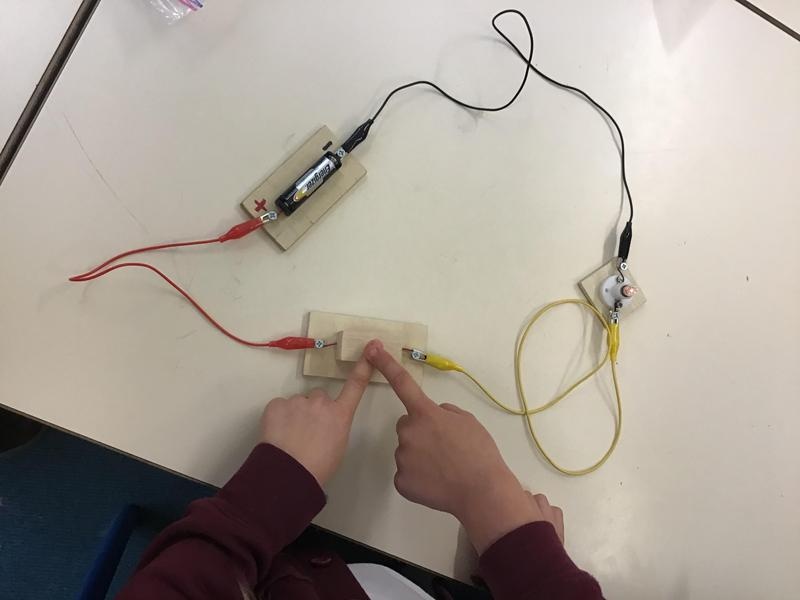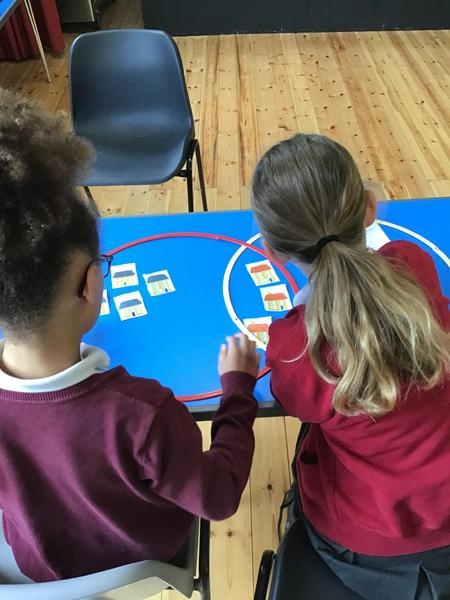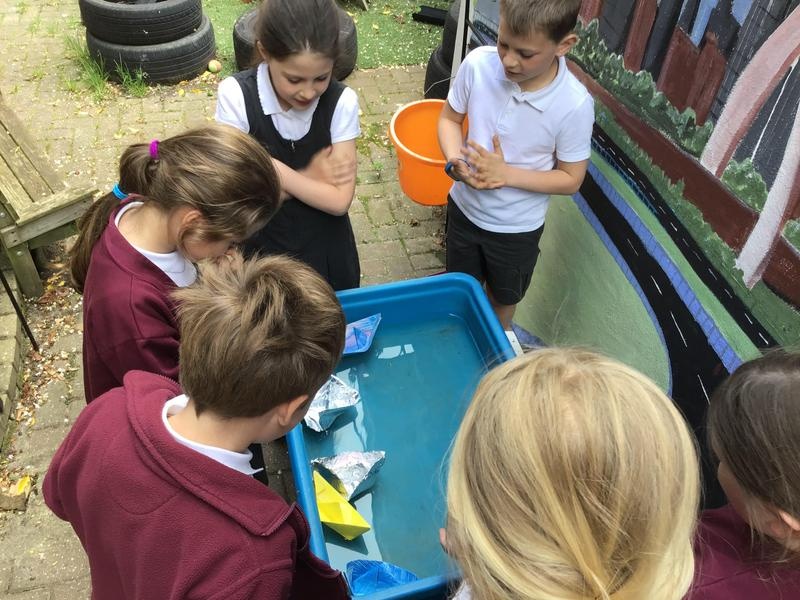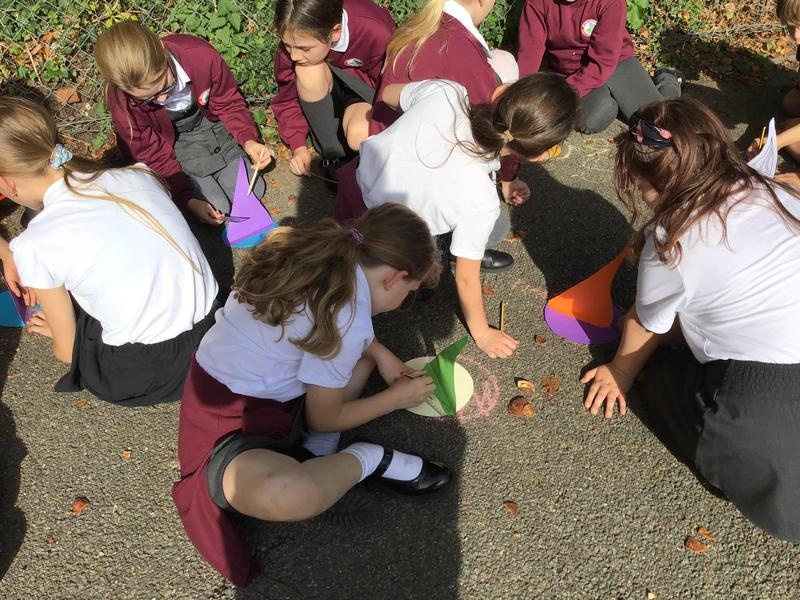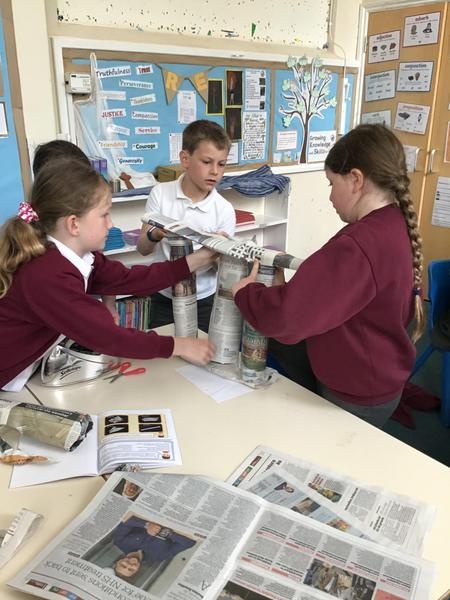Science
Science Curriculum Statement
At Wetheringsett, the Science curriculum looks at ensuring that all pupils develop scientific knowledge and understanding through all three disciplines (Biology, Chemistry and Physics), as well as having a clear understanding of the nature, processes and methods involved in scientific enquiry. While programmes of study are set out for each year group, we are only required to have covered all programmes of study by the end of the key stage, resulting in some flexibility in what we teach. This enables us to adapt the Science curriculum to fit in with our mixed year classes. In KS1, LKS2 and UKS2 the topics are taught over a two-year period, with mixtures of both year groups’ topics taught in any one year.
Topics Covered in KS1 |
Topics Covered in LKS2 |
Topics Covered in UKS2 |
|
Animals including Humans – About me Introduction to Plants Use of Everyday Materials Seasonal Changes Animals including humans – Diet and Health (2 units) Plant Growth and Care Exploring Everyday Materials Animals including Humans – About Animals Living Things & their Habitats Everyday Materials Animals including Humans – Growth
|
Rocks, Soils & Fossils States & Matter Electricity Animals including humans; food and digestion Exploring the plant world Plants; life cycles Forces and Magnets Animals including humans; what makes us? Light Sound Classifying Living Things & their Habitats Living things and their habitats; nature and the environment |
Electricity Animals including humans; blood and transportation Earth & Space Animals including humans; the human life cycle Light Forces Evolution & Inheritance Changes of Materials Studying Living Things Properties & Materials Living Things & their Habitats Animals including humans; the heart and health |
As a school, each year in March we participate in British Science Week. Every day, during science week, pupils will take part in a science lesson based around the Science Week theme.
Intent
At Wetheringsett Primary School, the intent of our Science curriculum is to encourage all pupils to:
- Build, develop and retain their natural sense of curiosity about the world in which they live.
- Develop a set of attitudes, which will promote scientific ways of thinking, including perseverance, objectivity and a recognition of the importance of teamwork.
- Develop and use a good scientific vocabulary appropriate to their ability.
- Come to understand the nature of “scientific method”. This will involve meticulous observation, the making and testing of hypotheses, the design of fair and considered experiments, the drawing of meaningful conclusions through critical reasoning and the evaluation of evidence.
- Become effective communicators of scientific ideas, facts and data.
- Begin to build up a body of scientific knowledge and understanding, which will be used as a foundation for future enquiry.
- Relate Science to everyday life by using everyday materials and situations.
- Participate in practical work safely and carefully.
Impact
Through the teaching and learning of science, pupils will:
- build a body of knowledge essential to our understanding of the world around us.
- build up a methodology for thinking which today forms the basis of most intellectual thinking.
- Learn the skills and knowledge of Science which have a wide applicability in everyday life.
- have opportunities to develop the following attitudes
- Curiosity
- Open-mindedness
- Perseverance
- Tolerance
- Co-operation
- Responsibility
- Critical awareness
- Originality
Progression Documents
- Developing Experts - Progression of Skills Document.pdf
- Developing Experts - Progression of Knowledge Document.pdf
- Science Progression of skills1.pdf
Science Overview
Useful Websites
BBC bitesize: https://www.bbc.co.uk/bitesize/primary
National Geographic for Kids: https://www.natgeokids.com/uk/
National History Museum: https://www.nhm.ac.uk/
NASA for Kids: https://www.nasa.gov/kidsclub/index.html#.VpP5hDZH3zI
DK Find Out: https://www.dkfindout.com/uk/science/
Wow Science: https://wowscience.co.uk/
